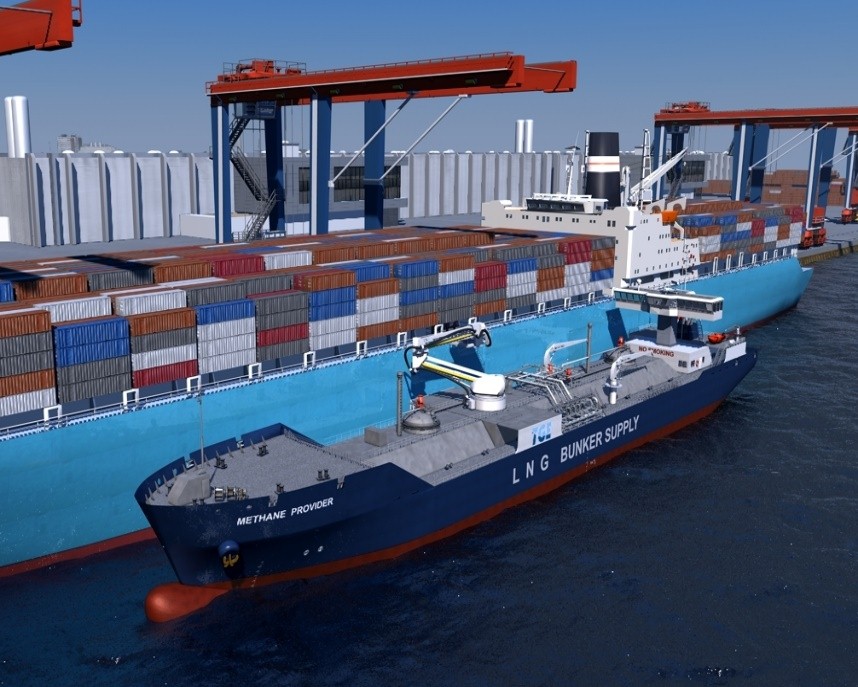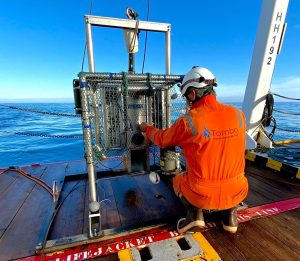In an open letter to decision-makers in Brussels, the World Shipping Council (WSC) together with Danish Shipping and the Methanol Institute urge decision-makers to reach an agreement on the FuelEU Maritime which will help reduce shipping GHG emissions.
The liner sector, including container and vehicle carriers, are leading decarbonisation investment in new fleets that are ready for alternative fuels that reduce GHGs. Future-ready fleets will be demanding more and more green fuels with lower GHG intensity to ensure that we meet decarbonisation targets.
Increasing demand for fuels that reduce GHGs is the main idea of the FuelEU Maritime which in the final stages of negotiation in the political system in Brussels.
To ensure that the future rules will sufficiently take first movers into account, WSC together with Danish Shipping and the Methanol Institute urge decision-makers to negotiate clear performance standards that ensure the uptake of renewably produced marine fuels that substantially reduce GHGs.
“FuelEU Maritime is perhaps the most important of the EU legislations for shipping. Using performance-based targets with quantitative rigor based on lifecycle or Well-to-Wake metrics, FuelEU provides shipping companies the clarity needed for continued first mover innovation that will expand to broad uptake of renewable fuels across the fleets carrying essential cargoes to EU communities,” says Jim Corbett, Environmental Director for Europe at the WSC.
To further accelerate the uptake of the greenest fuels, the trilogue partners are negotiating whether to apply a “multiplier” for renewable fuels of non-biological origin (RFNBOs or e-fuels). Multipliers reward the use of new fuels in a phase-in period to accelerate shipping’s decarbonisation transition and promote the development of new e-fuels. This will increase demand of the new e-fuels and thus stimulate the production of new fuels and make them more accessible.
“We support aggressive and achievable performance standards, including the use of performance multipliers, to ensure the best and most innovative development of practical pathways to renewable marine fuels,” says Jim Corbett. (Photo Dreamstime)





